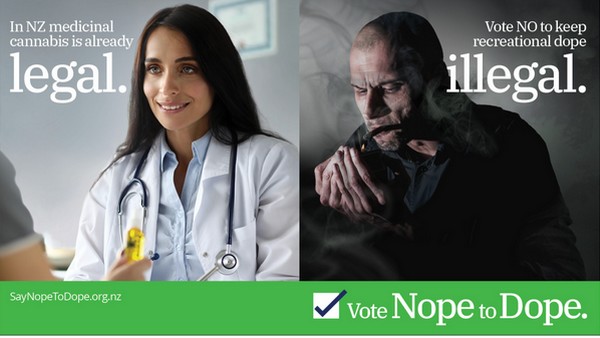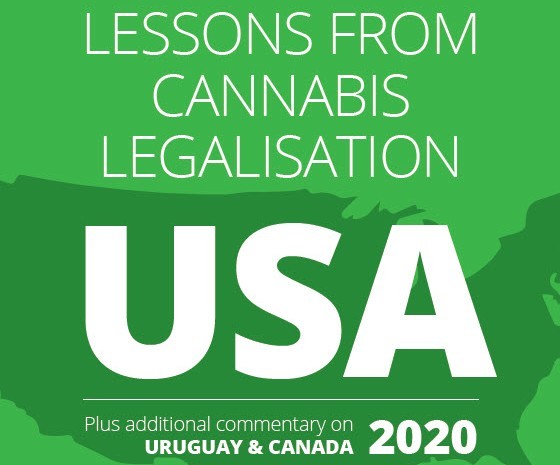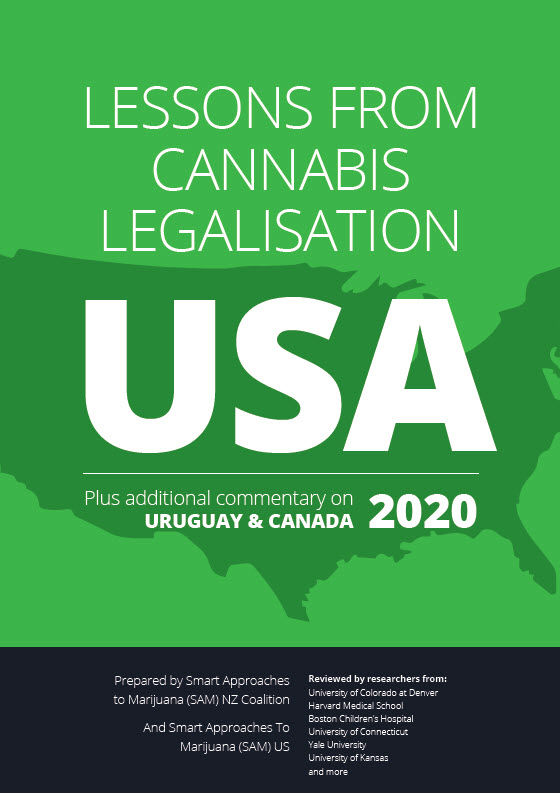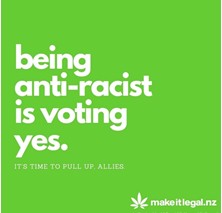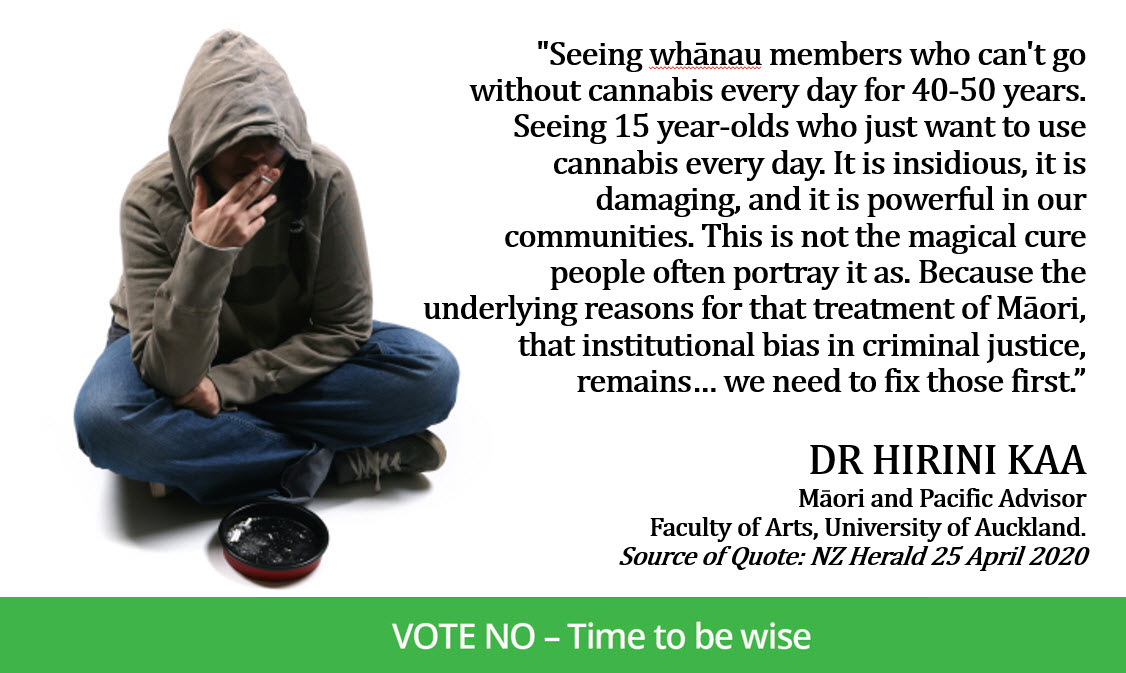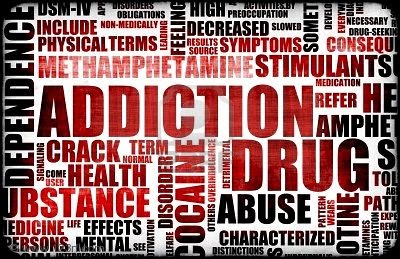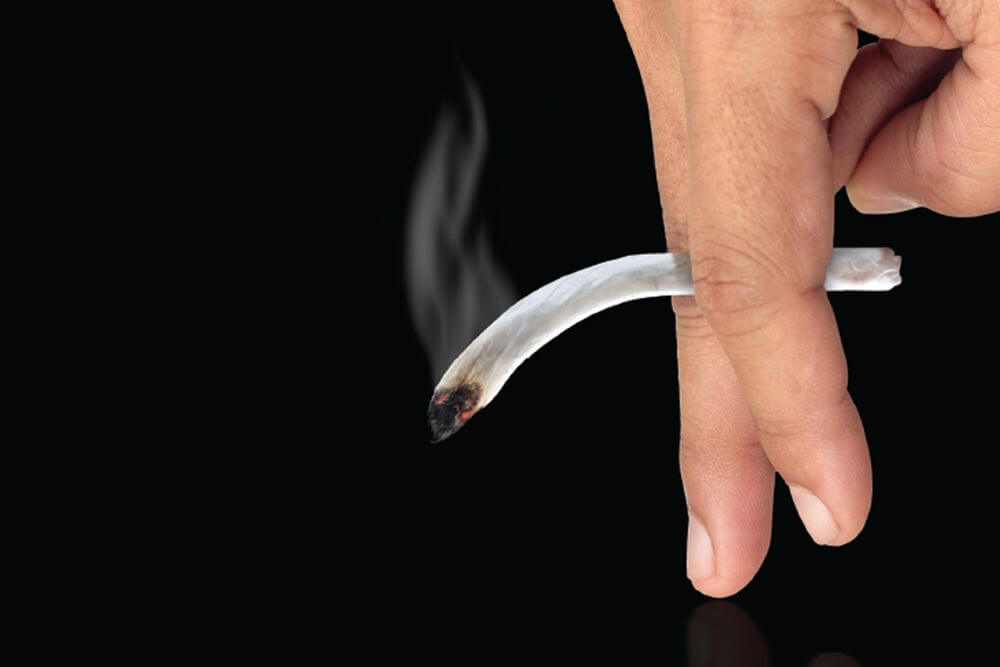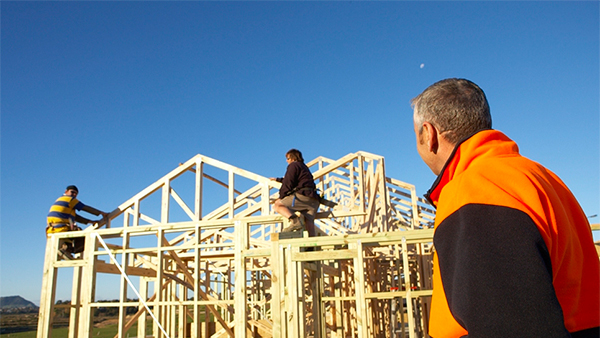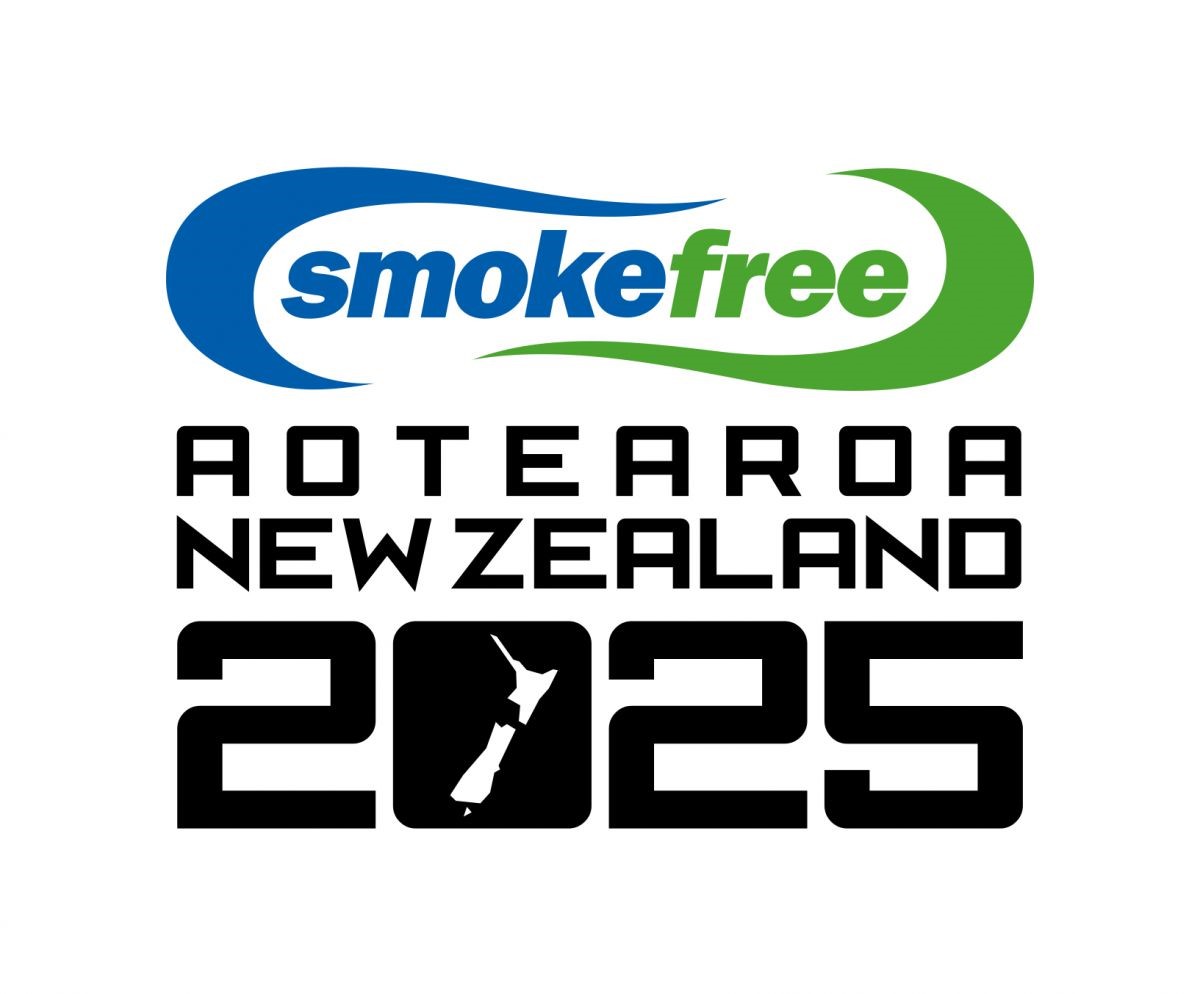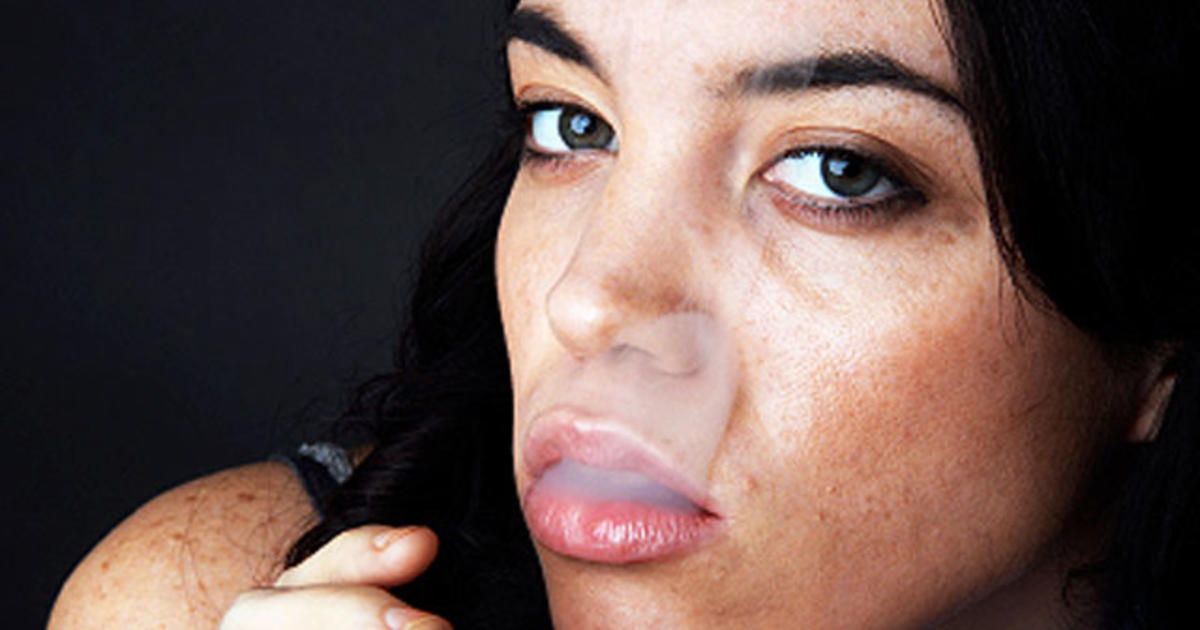
NZ Herald 7 September 2020
Our additional comment:Well said Kate Hawkesby:
“It’s hard when much of the information in advance of this vote is skewed from one angle only – & muddied with spurious medicinal message.”
We’re trying to balance the message. Perhaps some of your colleagues could be less bias.
Amidst the current blitz of pro-cannabis legalisation media – both social and mainstream – a few things are getting lost.
One is balance. Where are the “vote no” stories?
Two, is the facts. No, we are not voting on legalising medicinal cannabis. That’s already legal.
The New Zealand Drug Foundation – pro the yes vote – has made claims that legalising recreational cannabis will make access to medicinal cannabis easier. That’s the claim. But it’s not what we’re voting on. Yet it hasn’t stopped a lot of the messaging and advertising around the referendum being focused on medicinal.
Three, even the pro-legalisation campaigners accept there are risks in normalising cannabis use.
One “yes-vote” columnist pointed out that “not all the facts support a rosy picture of life after a ‘yes’ vote… ” She pointed out that normalisation of cannabis use “won’t be good for everyone” and that “…legalisation probably won’t wipe out the criminal market completely either”.
Despite that, her premise was that no social and health issues are “tied up in tidy bows…”
In other words, it’s not perfect but let’s vote it in anyway. That’s a worrying low-bar approach to a potentially major public health issue for this country.
READ MORE: https://www.nzherald.co.nz/lifestyle/news/article.cfm?c_id=6&objectid=12362658


